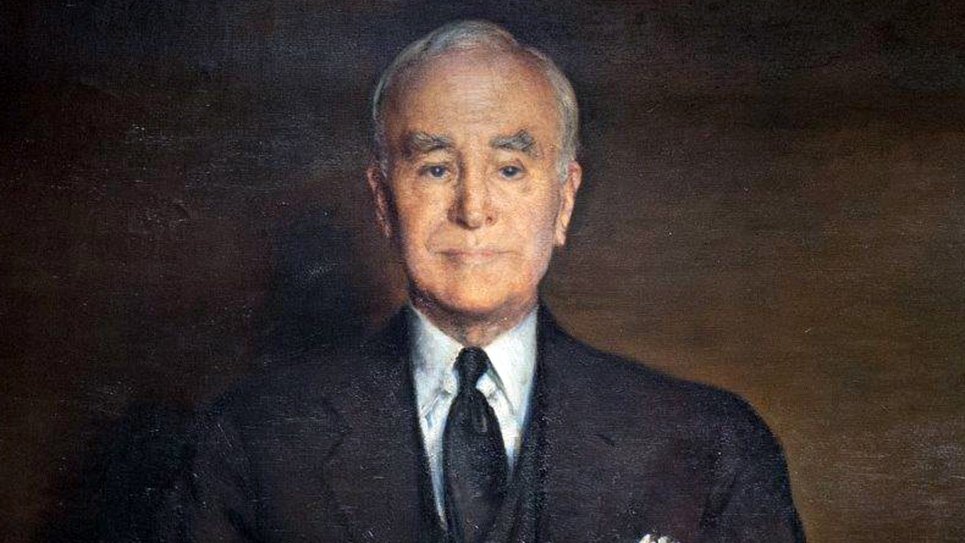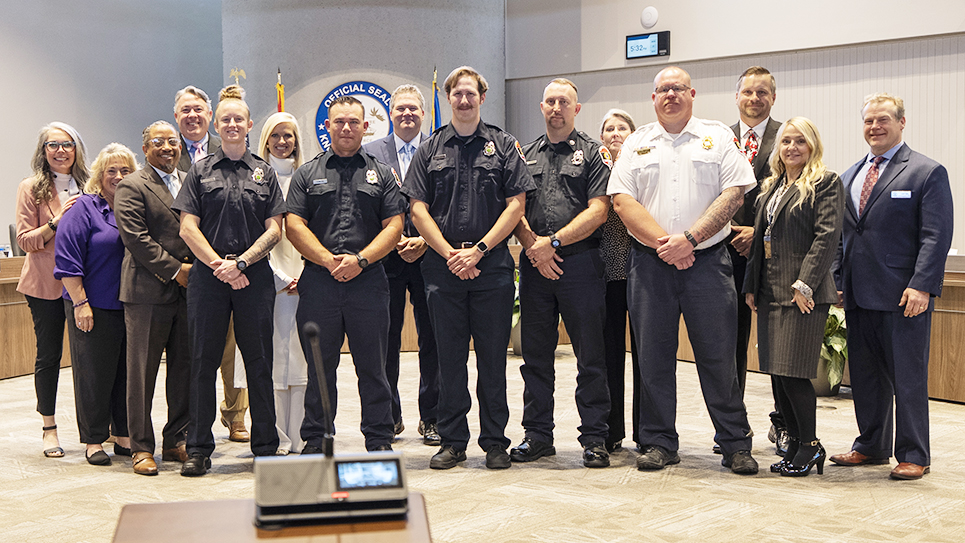For tho’ from out our Time and Place,
The flood may bear me far,
I hope to see my Pilot face to face,
When I have crost the bar.
—Alfred Lord Tennyson
You may find it strange, but I begin this Memorial Day essay reflecting on poetry, especially John Donne’s. The 17th-century poet is perhaps best known for his Meditation XVII which begins, “No man is an island.” As Donne lay on what he thought was his deathbed from the plague, he could hear church bells toll, announcing another’s death. Miraculously, he recovered and penned that every man is “a part of the main” (whole) and “any man’s death diminishes me.”
Additionally, on this Memorial weekend I’m focusing on anchors, not of boats, but the anchors of life. Beginning in 1868 veterans of the Civil War began celebrating Decoration Day in memory of those who fought in the Civil War. With the World Wars of the 20th century, memorial reflections were broadened, and in 1971 Congress standardized Memorial Day as the last Monday in May.
One of the things I’ve discovered in my retirement is that the days of the week seem less distinguishable. I once had a daily routine of patient appointments, hospital rounds and nights on-call. That structure is now gone. Fortunately, I have other anchors which include my loving wife and family, worship service on Sunday, small group gatherings of Christian friends on Tuesday and Wednesday, a Focus essay due each Friday and a Bible study on Saturday morning.
When I was a kid my second favorite day of the year (behind Christmas morning) was the end of the school year. Academically, I was an underachiever until I went to college. I did above average, but there was always the illogical fear that I wouldn’t do well enough and have to take a grade over. Apparently, my Knoxville grandchildren don’t experience such fears because the younger ones achieved multiple awards at their grammar school, as did my older grandson who just graduated from high school. Last Wednesday we attended his West High School graduation and I was thrilled when we all pledged allegiance to the flag, and sang the national anthem. Those words continue to anchor me to my country.
As we struggle with the horrific events in Texas, many ask the question, “why?” Why does an 18-year-old shoot his grandmother and then go to an elementary school and kill children and teachers? Why does another young man kill people in a Buffalo bodega? Or for that matter, why do young men kill children at the Sandy Hook school or fellow students at Virginia Tech or Columbine?
Guns are powerful and potentially deadly tools, but they are not the problem. I have guns, but I am not a danger to anyone unless you break into my house. I am not a social scientist, but this doctor can connect the dots. I believe the lack of anchors in these troubled murderers is the root cause. Increasing social isolation, violent video games, repudiation of the sacred, and many other factors including mental illness are significant. A normal person does not shoot others, except in perhaps war. And a simplistic approach of writing more laws or eliminating legal firearms will not fix the problem. The 1996 Port Arthur Massacre in Tasmania and the subsequent draconian gun control laws in Australia and its territories failed to get rid of firearms because by 2019 there were more guns in Australia than before.
I have often mentioned the work of the Christian apologist C. S. Lewis. The former atheist is perhaps best known for his Narnia series and Mere (simple) Christianity. He once said that “The Screwtape Letters” was his most difficult book to write. Screwtape was a major devil and in a series of letters to his nephew, the minor devil Wormwood, Screwtape gave advice on how to corrupt a man. Good writing must come from the heart, and Lewis had to get into the character of Screwtape’s quintessential evil to write his book. When I read this fictional work, I wondered whether Lewis was describing a corruptible man, mental illness or malevolent forces arrayed against humanity.
I lost my younger brother last week. Steve succumbed to an incurable illness that steadily diminished him over the last 10 years. Sometimes we use words like warrior or battle to describe someone’s struggle against illness. Though these metaphors may be true in part, I believe a better descriptor of the struggle against such darkness is love.
Steve was a loving and gentle soul. Like all little brothers, he used to stick out from behind trees when we played hide and seek in the neighborhood. Nonetheless, he used to beat me playing chess and later had a classical music collection second only to Knoxville’s WUOT. He loved to travel, cook, and fish and was a connoisseur of good company. As Hamlet once said, “He was a man, and we shall not see his likeness again.”
As my good friend Jimmy Duncan said in his column last week, “love can expand” and knows no boundaries.
Since this essay is about the anchoring properties of love, I recommend you google John Donne’s love poem, “A Valediction: Forbidding Mourning.” The last three stanzas utilize the metaphor of a draftsman’s compass to describe his beloved:
If they be two, they are two so
As stiff twin compasses are two;
Thy soul, the fixed foot, makes no show
To move, but doth, if the other do.
And though it in the center sit,
Yet when the other far doth roam,
It leans and harkens after it,
And grows erect, as that comes home.
Such wilt thou to me, who must,
Like th’ other foot, obliquely run;
Thy firmness makes my circle just,
And makes me end where I begun.
The poem was written to his wife as Donne departed on an extended trip for the king. Unfortunately, his beloved would die in childbirth prior to his return, but their love would persist. So it is with my brother Steve. His wife, two daughters and our family must endure his departure, but we remain bound by love which is not limited by space and time. And in due course the circle will be completed when we have all “crossed the bar” and are together again.






